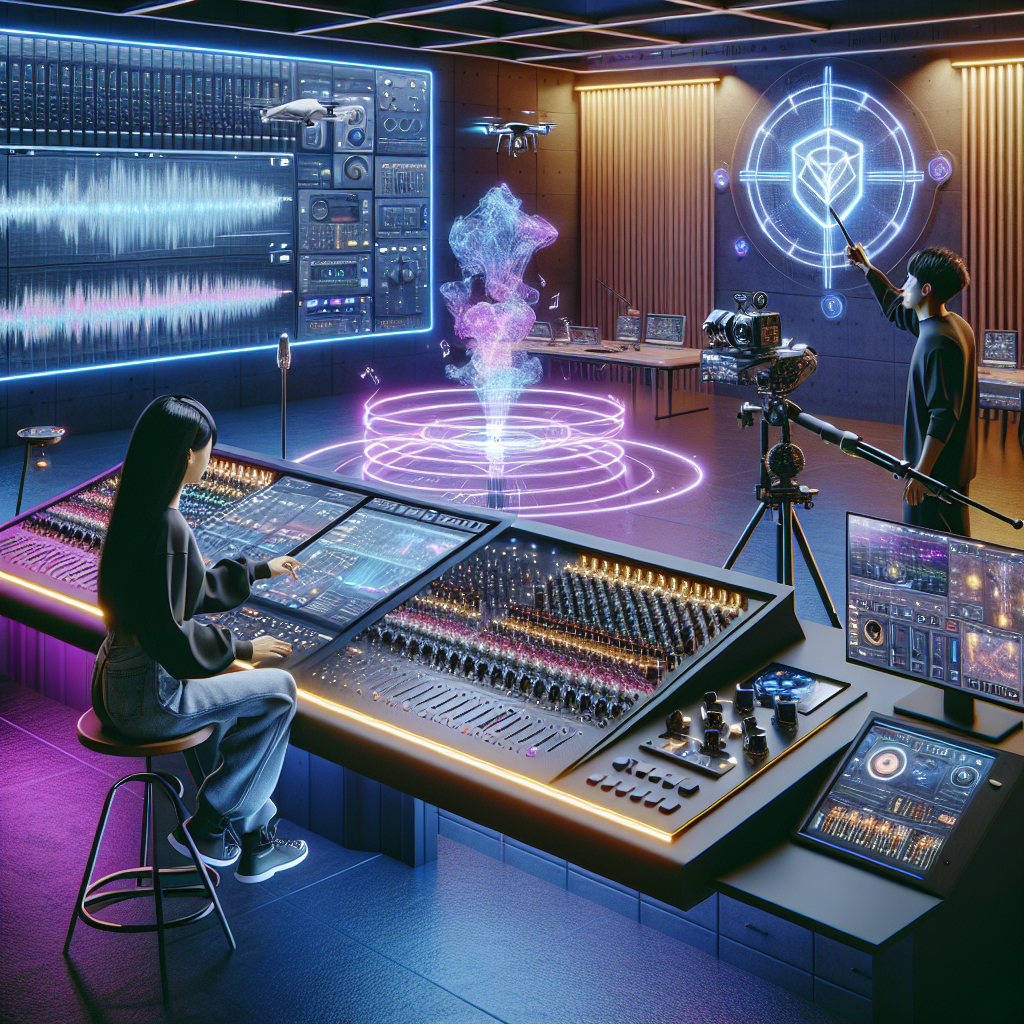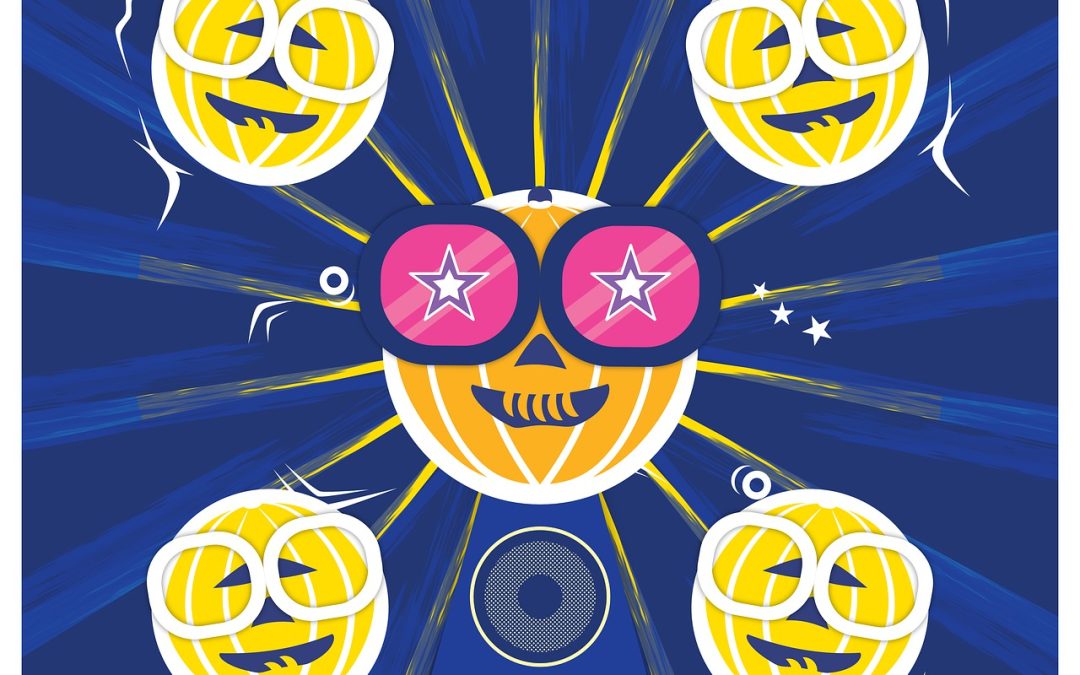
The Potential Future Trends in the World of Singers and Conductors
Introduction
In the ever-evolving landscape of the music industry, singers and conductors play pivotal roles in shaping and enhancing orchestral performances. Their talent, artistry, and leadership skills are key components that contribute to the success of any orchestra. As technology advances and new trends emerge, it is important to analyze the potential future trends that will impact singers and conductors. This article delves into these themes, providing comprehensive insights, predictions, and recommendations for the industry.
1. Introduction of Artificial Intelligence (AI) and Machine Learning (ML)
The integration of artificial intelligence and machine learning algorithms into various industries has become increasingly prevalent, and the world of music is no exception. In the future, AI and ML technologies could greatly assist both singers and conductors in several ways:
- Vocal Coaching: AI-powered vocal coaching applications could provide real-time feedback on pitch accuracy, vocal technique, and expression. Singers can utilize these tools to improve their performance skills and receive personalized guidance.
- Score Analysis: Conductors can benefit from AI systems that can analyze musical scores and suggest interpretational approaches. These systems can provide insights into historical performance styles, help identify patterns, and suggest innovative interpretations.
- Performance Enhancement: By utilizing AI technologies, singers and conductors could enhance their performances with the ability to seamlessly adjust tempo, dynamics, and other elements in real-time. This technology could provide newfound flexibility and experimentation during live performances.
Prediction: The integration of AI and ML in the world of singers and conductors will become increasingly prevalent. It will revolutionize the way performers prepare, perform, and interpret music.
2. Virtual Reality (VR) and Augmented Reality (AR) in Rehearsals and Performances
Virtual reality and augmented reality technologies are gaining momentum across various industries, and their potential impact on the world of music is immense. Singers and conductors can leverage VR and AR technologies in the following ways:
- Virtual Rehearsals: Singers and conductors could remotely participate in rehearsals through VR, eliminating geographical constraints. They can experience a realistic simulation of the rehearsal environment and collaborate with other musicians as if they were present physically.
- Immersive Performances: AR can provide enhanced audience experiences during performances. Augmented reality headsets can overlay digital information, translations, or historical context onto the live performance, enriching the audience’s understanding and enjoyment of the music.
- Conductor’s Perspective: Conductors can use VR tools to immerse themselves in a virtual orchestra, experiencing performances from different seating positions. This firsthand virtual experience can offer unique insights into balancing sound, refining interpretations, and improving conducting skills.
Prediction: VR and AR technologies will transform the rehearsal and performance landscape for singers and conductors, providing new possibilities for collaboration, immersive experiences, and refining artistic choices.
3. Embracing Digital Platforms for Performance Reach and Audience Engagement
The digital age has brought forth a plethora of opportunities for performers to expand their reach and engage with audiences. Singers and conductors can harness digital platforms to:
- Live Streaming: Performances can be streamed live to a global audience, enabling singers and conductors to connect with listeners far beyond the concert hall. This widens their reach and introduces their artistry to diverse audiences.
- Interactive Online Masterclasses: Singers can host online masterclasses via streaming platforms, allowing aspiring performers worldwide to benefit from their expertise. Conductors can also conduct virtual workshops, sharing their conducting techniques and insights with enthusiasts from around the world.
- Virtual Concert Halls: With the development of advanced audio technologies, virtual concert halls can provide immersive experiences to audiences worldwide. Singers and conductors can collaborate with orchestras remotely, delivering live concerts in a digital environment.
Prediction: Digital platforms will continue to play a vital role in expanding a performer’s reach and engaging with global audiences. Singers and conductors must embrace these platforms to amplify their presence in the music industry.
Conclusion
The future trends discussed in this article point towards a thrilling era for singers and conductors. As AI, VR/AR technologies, and digital platforms continue to evolve, they will undoubtedly reshape the way musicians prepare, rehearse, perform, and engage with audiences. To thrive in this dynamic landscape, it is crucial that performers embrace these trends and actively incorporate them into their artistic practices and career strategies.
“The future of music lies in the hands of those who embrace technology and innovation, while staying true to the essence of artistry.”
References:
- Gracie, C. (2019). How artificial intelligence is changing the world of music. World Economic Forum. Retrieved from https://www.weforum.org/agenda/2019/01/how-ai-weaves-into-music-the-world-economic-forum/.
- Berg, J., & Broughton, S. A. (2019). The Future of Classical Music: The Role of VR and AR for Conductors. EAI Endorsed Transactions on Creative Technologies, 6(20), 1-8.
- Hoeferlin, M. (2020). Learning to perform with augmented reality. Frontiers in Psychology, 11, 708. https://doi.org/10.3389/fpsyg.2020.00708.
- Ashcroft, M. (2021). Creating digital orchestral concerts in the COVID-19 era and beyond. British Journal of Music Education, 38(3), 345-350.
